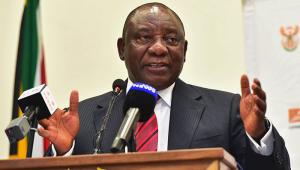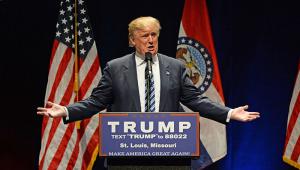web_honduras_shutterstock_1163495515.png

Image © Shutterstock
Xiomara Castro, who will be sworn into office in January to become Honduras’s first female president, is a former first lady whose husband was removed from power in a 2009 coup.
Her victory marks the end of 12 years of governments made up of the right-wing National Party.
“For 12 years the people resisted, and those 12 years were not in vain,” Castro said on Sunday evening, after voting finished but before her rival had conceded.
“God takes time but doesn’t forget. Today, the people have made justice”.
Castro has promised to renationalise public services, airports, highways and ports and to end tax breaks she believes are unnecessary and lose the country revenue.
“I propose an alternative economic model based on strengthening and growing the role of the state in the economy, especially in strategic areas and public services,” reads the policy section of her campaign website.
Her campaign had a large focus on employment, with many Hondurans struggling to find work.
Unemployment sits above 10%, and many people leave the country to find work – particularly in the US.
The National Institute of Statistics has previously found young people find it especially difficult to reach employment; in 2018, 49.4% of unemployed people in Honduras were under 25 years of age.
Castro has said creating jobs, particularly for the young, will be a priority for her government.
Her campaign policy head Hugo Noe told news agency Reuters on Tuesday the president-elect’s team has already had talks with the International Monetary Fund.
The fund has a deal with Honduras that ends in January, soon after Castro is to be sworn in. “Obviously [a new programme] will depend on its conditions,” Noe said.
“If it has some degree of flexibility that aligns with the policies of [the party] Libre, there is the possibility of a deal.”
He said reforms to state-owned companies, whose budget deficits heavily affect public finances, will be on the table, but all will remain owned by the government.













